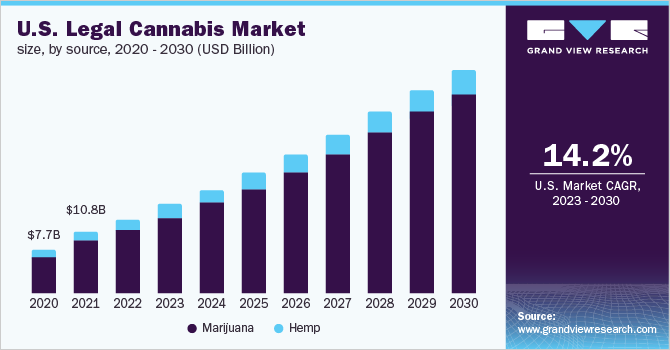Breaking the Stigma: The Case for Progressive Drug Policy Reform
The Current Problem
Drug addiction has long been a complex and pressing issue for societies worldwide. Over the past few decades, policies aimed at tackling drug use and abuse have largely followed a criminalization approach, leading to overcrowded prisons, strained law enforcement resources, and countless lives lost or ruined. However, as knowledge and understanding of addiction and its drivers evolve, so too should our approach to drug policy.
A Shift in Perspective
Progressive drug policy reform seeks to move away from strict criminalization and towards a more balanced approach that incorporates harm reduction, public health strategies, and evidence-based treatment options. This shift requires a collective change in mindset – viewing addiction as a public health issue rather than solely a criminal matter.
The Benefits of Reform
By focusing on rehabilitation and harm reduction, progressive drug policy reform offers numerous benefits:
Reduced incarceration rates: Shifting away from punitive measures can alleviate prison overcrowding and allow resources to be redirected towards prevention, treatment, and recovery support.
Improved public safety: Treating drug addiction as a health concern reduces the need for individuals to engage in risky, criminal behavior to sustain their substance use.
Cost savings: Investing in prevention and treatment programs can be more cost-effective in the long run than funding a perpetual cycle of arrests and imprisonments.
Enhanced access to healthcare: A shift towards harm reduction approaches expands access to vital healthcare services, including addiction treatment, mental health support, and safer drug consumption initiatives.
Progressive Policy Examples
Several countries have already implemented progressive drug policies with encouraging results:
Portugal:
In 2001, Portugal decriminalized the possession and use of all drugs and redirected resources to prevention, harm reduction, and treatment. Since then, drug-related deaths, HIV infection rates, and drug-related crimes have significantly decreased, while the percentage of people seeking treatment has increased.
Canada:
In 2018, Canada legalized recreational cannabis and has been developing a regulated system for production, distribution, and sales. This approach has generated tax revenue, reduced criminal involvement in the cannabis market, and allowed for more targeted public health interventions.
A Call to Action
Breaking the stigma surrounding drug addiction and advocating for progressive drug policy reform is crucial to address this issue effectively. By prioritizing public health and harm reduction, societies can make transformative strides in addressing addiction, reducing associated harms, and facilitating meaningful recovery.
Join the Movement
If you want to learn more or get involved in the advocacy for progressive drug policy reform, consider visiting www.drugpolicy.org or www.harmreduction.org.
Share:


